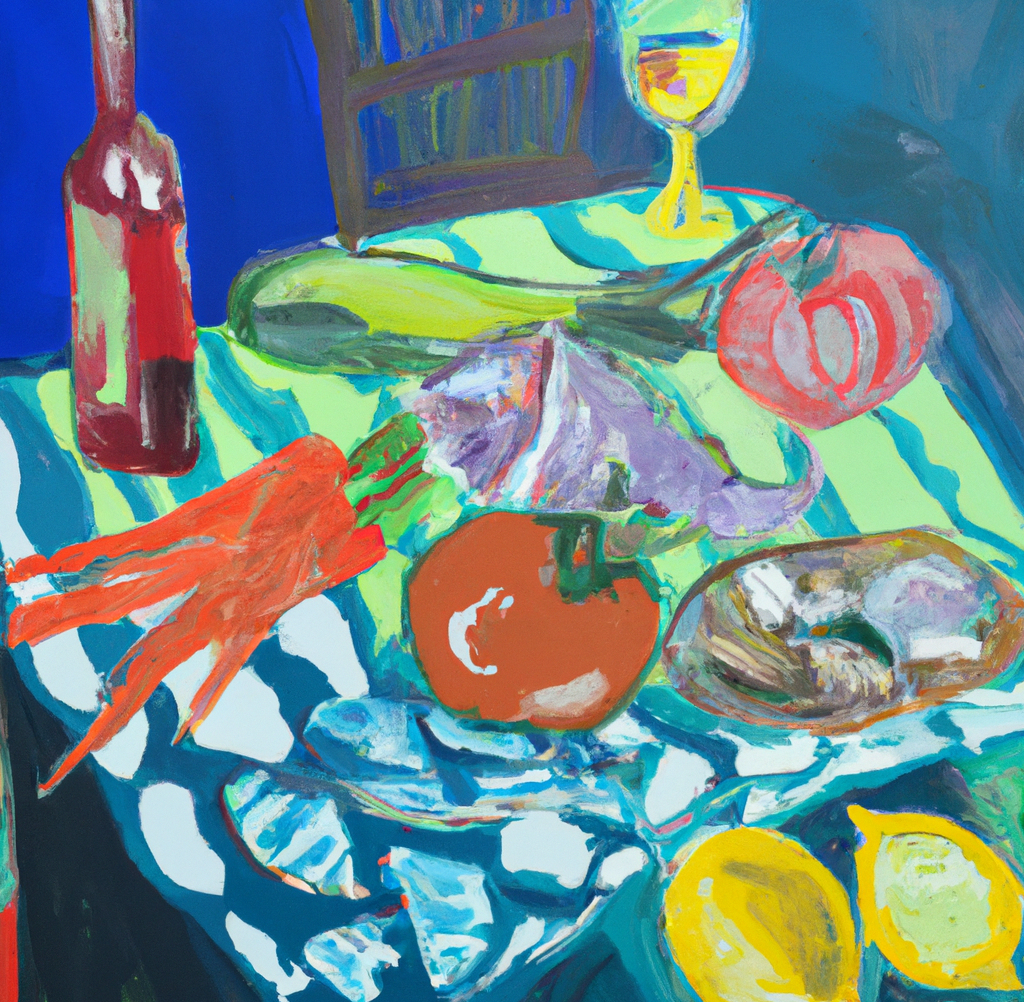What is the Future of Gastronomy?
The future of gastronomy is in the hands of those who produce and those who prepare the food we eat. In all cases, education is the key, whether it be students in culinary schools, or the public – both on the merits of the agricultural profession and how to cook sustainably – this panel unveiled the future of gastronomy from different generations’ perspectives.
From farm to table, each actor in the value chain has a role to play. Audrey Bourolleau began the discussion with the earth, pointing out that, “today, ½ of France is agricultural land, and of that land ½ is degraded. We need to transition to sustainable cultivation and restore dead soils, but farmers need our support.” While companies are becoming more interested in measuring their carbon footprint, and the culinary profession has successfully engaged the next generation with role models, agriculture still has a way to go. “Farmers deserve to be valued, rightfully compensated, and their profession receive the prestige it deserves. We inspire young people with gastronomy, and it is time to do the same for agriculture.” Providing guides to restaurants and allowing consumers to pay more for products from fairly remunerated farmers could help the situation.
By improving the comfort of life for farmers and viewing their work with the prestige it merits, we can attract young people to the field. Perhaps doing so would also draw in more women, as Bourolleau pointed out that today, “only 9% of people working in agricultural governance are women, despite there being no physical limits.” This can be achieved by promoting promote regional identities, local products and know-how that embody gastronomy, because gastronomy embodies the richness, diversity and quality of French products, as well as the women and men who grow, process, cook and promote them on a daily basis. Short circuits, social inclusion, gender parity and diversity should continue to be high priorities.
It is also necessary to bridge generations. Christopher Joublin pointed out, “The Alpha generation is coming with all its digital tools. We need to speak the same language and learn to work together with a common goal. It is our job in academic establishments.” While not pronouncing himself on behalf of decision-makers, he did tell the audience “National curriculum guides for hospitality are constantly evolving, and the education system has integrated sustainability concerns.” France is indeed adapting the curriculum of the culinary educational programs to the contemporary issues of sustainability, nutrition, health, seasonality, responsible sourcing, and waste reduction, while encouraging training institutions to also abide by these principles.
In such a dynamic, evolving domain as sustainable gastronomy, this transition is necessary. The chefs of tomorrow will also need their teams to be onboard. “Service personnel in restaurants have an important role to play. They are the first in contact with customers and, as such, need to be ambassadors of the chef and defend his or her choices.” His remark reiterates the need for a holistic, community approach to sustainable gastronomy.
The talk then shifted to the next generation quite literally with the two culinary students. Romain Guth explained how the École Ducasse has fundamentally removed food waste from the culinary equation. “At École Ducasse, we are given a variety of techniques, taught to select seasonal ingredients and how to prepare each component. Food waste is not an issue because we learn to instinctively avoid it,” he pointed out.
Lisa L’Hostis, on the other hand, challenged her institution to do more and also shared her vision of the chef she hope to be: “I believe a good chef values people, is an ambassador of her terroir, and respects the planet through sustainable practices both in and out of the kitchen.” She cited the importance of not only integrating sustainability on the plate, but also in the choices of building materials and restaurant furnishings.
Trends by definition evolve, which Manon Dugré brought to light during her discussion of animal protein in the kitchen, a topic that came up many times during the day. “Between 1950 and 2000, meat consumption increased fivefold while the population only doubled. Habits are thankfully changing, but there is still a misconception about sustainable nutrition. It is not complicated.” In collaboration with the École Ferrandi, she has created several quick and easy recipes, which can be found here: https://www.linkedin.com/pulse/7-recettes-pour-manger-vers-le-futur-agroparistech-et-virginie/ “Indeed, sustainable cooking is within the reach of us all. Furthermore, it has the power to change the way we think about food. Dugré added, “Cooking brings us closer to the food. When we start getting interested in cooking, we want our food to have flavor and for it to have flavor, they have to be produced respectfully. It is a virtuous circle.”
As human beings, we are all affected by food. We all benefit from a healthier, cleaner and more sustainable gastronomy, as does the planet, our oceans and our progeny.

HIGHLIGHTS
- Farmers are the source of our nutrition and bear a great burden in the transition to sustainable practices. They deserve recognition, support, and fair compensation.
- Educational programs are evolving to incorporate sustainability issues, and students are eager to move the dial further.
- It is easier than you may think to eat sustainably. Resources and recipes online can help you.